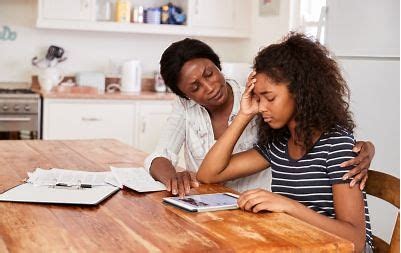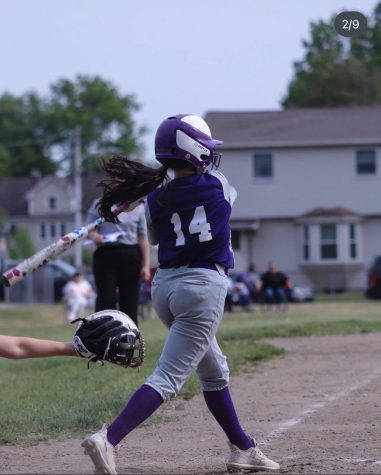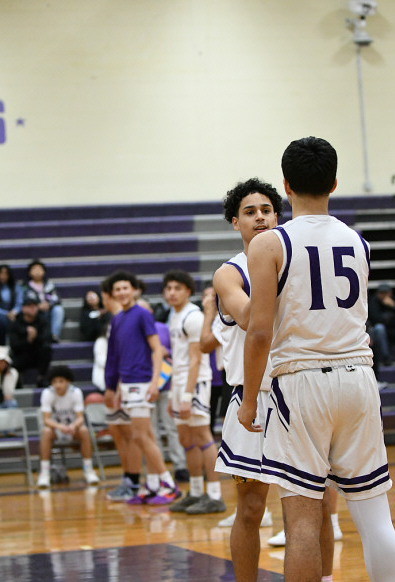Virtual Learning Strikes at Teens Mental Health

December 3, 2020
While online schooling might be the best option to ensure students safety during Covid-19, the impact it’s had on teens’ mental health can vary as an ongoing debate. The world is going through a stressful time and with Covid spreading like wildfire, it doesn’t look like anything is getting better. It’s important that teachers consult with their students, developing an emotional connection to ease the stress for the rest of the school year.
When our school went online this spring, some of the students in Holyoke High School including Bryanna Colon had struggled to keep up with herself and with that couldn’t focus as well as she had in school. But Colon,17, has a lot to say about how her life has shifted.“Ever since I’ve started online schooling I haven’t been feeling like myself. I constantly feel drained and sometimes feel bad because I just don’t have the energy to do anything anymore. My anxiety attacks have returned and the workloads I’m given weekly is just making things worse.”
This is a complaint among many students, including their parents. Since the stop of in school learning to prevent further spread of the virus, many students miss hanging out with friends, yearning to leave their homes, developed extremely bad sleep habits, and have driven parents crazy. Not to mention that teens are experiencing the torment of the sick, people dying and economic hardship from the disruption of the life they once had. As the year drags on we can see that not all students are doing so well.
Nearly 3 in 10 parents said their child is experiencing emotional or mental declines soon after the school year had started, according to a nationwide Gallup poll in June. Recently sports have been shut down at Holyoke High, leaving many athletes disappointed in not having a season this year. New studies have shown that teens who participate in extracurricular activities such as sports do better in terms of mental health. Annalyse Mcbribe, a junior fall, winter, and spring athlete has come to terms with the shut down of fall sports. “Going to practice was always the best stress reliever. It helped me clear my head and focus on something else other than what stresses me out the most. Sure there’s some stress that sports bring along but I know for many athletes going to practice can be the highlight of their day.” Students like Annalyse are struggling to adapt to the new learning systems but without activities like sports to help them escape reality they haven’t been able to accept this new lifestyle.
As doctors have said time and time again that too much screen time is very unhealthy for kids. Virtual learning has inevitably affected the growth of time students spend on digital devices everyday. The recommendations are really to minimize screen time in children before age 2,” says Dr. Mattke. “Between ages 2 and 5, we would recommend you keep the screen time to one hour or less per day. And for children that are older than 5, we recommend trying to minimize a recreational or enjoyment-related screen time to two hours or less per day.” Too much screen time may interfere with sleep, increase the risk of anxiety, depression, and increase the risk of obesity. Recent studies have shown that interrupted sleep cycles may also affect physical activity levels in students. Many health experts have issued the outcomes of inadequate sleep schedules, noting that young adults should be getting at least 7-9 hours of sleep everyday.
Despite all the negative aspects of online learning some students might find it to be rather beneficial. The online learning environment allows for a very flexible schedule. Aside from the meetings your mandatory to attend the work given is usually time based, meaning you can do it at your own pace. With more time management control this allows students to maintain time to focus on their social lives. The school-life balance may also motivate teens to develop better health habits. Practicing self care is a big stress reliever and since sports won’t be back any time soon it can also be a good distraction for students with lots of built up emotions. Activities like meditation, yoga, or self care can help boost a person’s confidence, enhancing their emotional intelligence.
Although they don’t see their classmates daily, students taking virtual courses tend to form better connections with their teachers and peers. Teachers offer more one on one time with students who are struggling to keep up school work, helping their learning experience. With more reassurance from teachers and help from other classmates, students don’t have to worry about procrastinating their work. Some parents find it very rewarding too. They are given the opportunity to be involved in their children’s learning and spend more time as a family. This school year has been both a blessing and a nightmare but with the help of friends and families we can better ourselves and each other.














